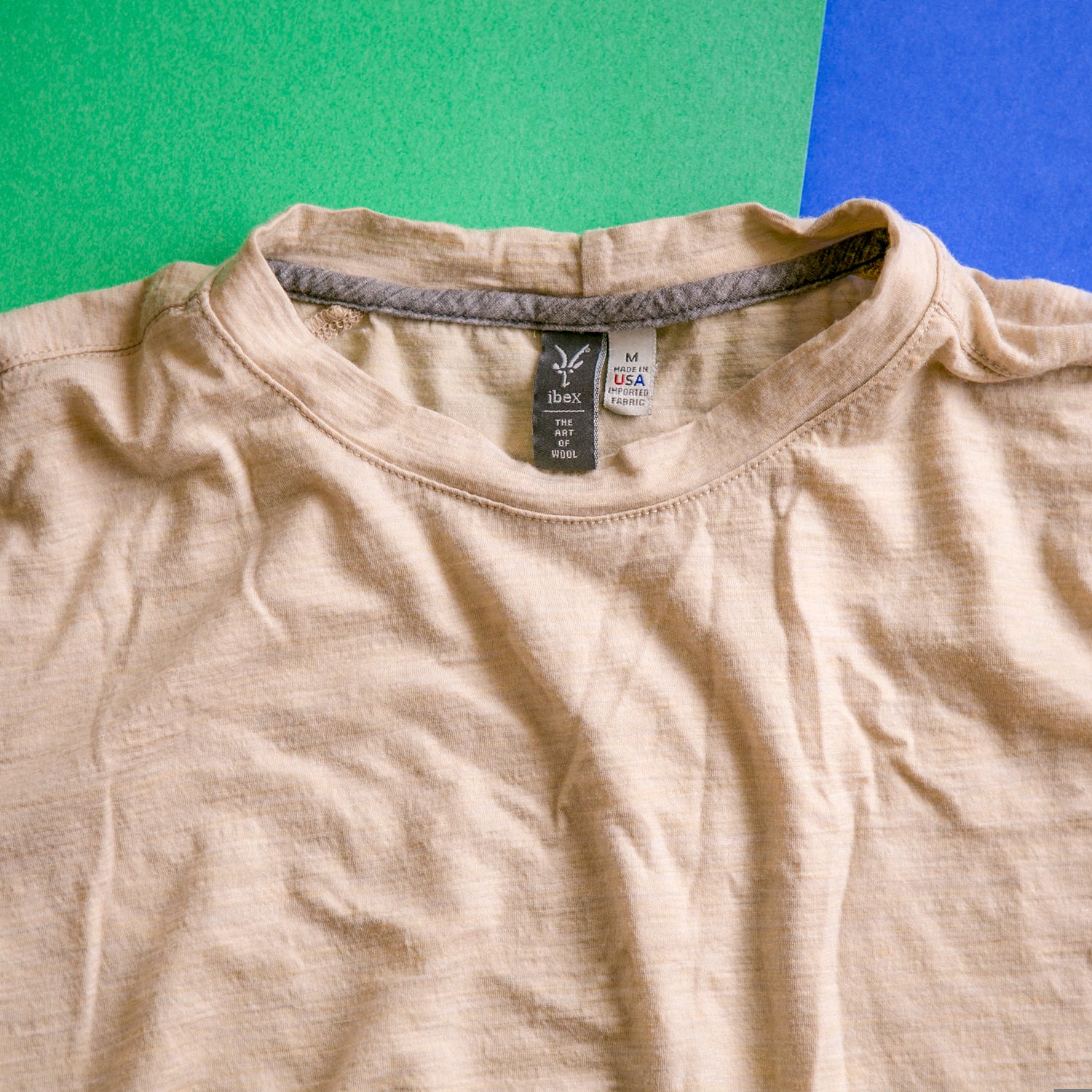Just a few months after Vermont-based apparel maker Ibex announced it would shut down, New York investment group Flourfund has purchased the intellectual property and assets.
David Hazan, who heads up the Flourfund, is a marketing specialist. His investment group has bought and re-branded several other companiesÔÇöBobcar, Solifornia, Quirky.com, and Peerform.
Hazan Snews that he plans to focus on building IbexÔÇÖs direct-to-consumer sales, as well as exploring┬áthe possibility of licensing the Ibex brand to other ÔÇťcategory expertsÔÇŁ who can ÔÇťexpand the Ibex product offering.ÔÇŁ This essentially means that Flourfund could contract with┬áother manufacturers to make apparel and gear to be sold┬áunder the Ibex brand name.┬á║┌┴¤│ď╣¤═° reached out to Hazan, but he couldn't provide any information other than┬áconfirming that his firm was, in fact, the new owner of Ibex. Ibex founder Ted Manning did not respond to ║┌┴¤│ď╣¤═°ÔÇÖs request for comment.
The idea that IbexÔÇöa brand loved by many in the outdoors communityÔÇömight make a comeback is exciting. Founded in Vermont in 1997, Ibex was one of the first companies to import merino to the U.S. Back in December, in an elegy to the recently shuttered brand, Gear Guy Joe Jackson called Ibex ÔÇťa merino wool pioneerÔÇŁ and opined over the brandÔÇÖs honest, quality-driven approach to business. ÔÇťI donÔÇÖt recall the company using superlative product pitches or gimmicky proprietary space-age technologies,ÔÇŁ he wrote. ÔÇťEvery Ibex product IÔÇÖve testedÔÇöabout a dozen, likely moreÔÇöwas soft on the skin and stylishly cut and came with all the moisture-wicking and odor-quashing bonuses of high-end merino wool.ÔÇŁ
The brand drew a loyal following for creating no-frills, capable apparel and driving innovation while maintaining its authenticity and small-town roots. 
So, should you be optimistic about the revival of one of the countryÔÇÖs original merino apparel brands? Cautiously, perhaps. Details are still vague. Flourfund┬áhas little experience and no current holdings in the outdoor space. Besides, the track record for small brands getting bought by investment groups doesn't inspire confidence.┬áApparel brand Cloudveil, which was founded by two skiers in Jackson, Wyoming, faded from the outdoor industry after it was sold to an investment group in 2010. ÔÇťCloudveil still exists, but a mass-market strategy and a symbolic move from Jackson to New Jersey have taken a toll on its prestige,ÔÇŁ editor Chris Keyes wrote in 2015.
It's too soon to tell where Ibex is headed, but we'll update the story as more details emerge. 


